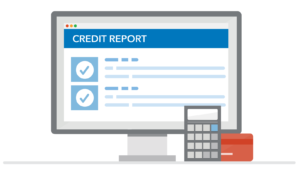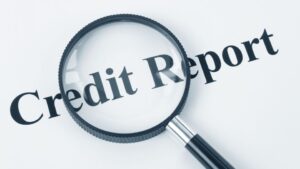Financial literacy is a necessary step for young people to feel in charge of their own economy and, to be honest, soon enough they will be. Young adults’ poor literacy in financials is a consequence of their lack of interest in planning budgets, keeping track of their expenses, saving money, etc.Mostly because they feel that it is not the time for them to worry about that, and they are probably right about it.But what they do not know and what we need to make them understand is that eventually it may be beneficial; therefore, it is advisable for them to start learning about financials a little bit sooner than they expected.
“Never ever spend more than what you earn, even if you have to cut your expenses or look for an extra job as a way to increase your incomes”
In this article, we are going to develop the reasons why a financial educated person is more likely to succeed in life, but first, let us take a look at some money management tips that Premier Consumer can provide:
- Create a budget: rank your expenses according to your priorities. Know what your income and your expenses are, and budget yourself according to them. Remember that some of your expenses may be fixed, but there are some occasional ones.
- Never ever spend more than what you earn, even if you have to cut your expenses or look for an extra job as a way to increase your incomes.
- Develop a money management style by aligning your expenditures to your values. Ask yourself whether what you are buying is really important or not.
- Set smart financial goals: know where you are heading to, avoid impulse purchases and make informed choices. We all have things we want to buy or do. Incorporate them to your spending plan as long as you are sure you have the means to do so.
- Be a smart spender: find your limits, know your priorities. For example: if you are going to the supermarket, make a list of the things you need.
- Start saving money: set up an amount of money you can save monthly and start as soon as possible. In case of an emergency, you will cover the costs, but do it mostly for your future. It is a good idea to put your savings into a retirement saving account, because soon enough you will be able to retire.
- Know how credit cards work: pay attention to interest rates and try to use it as responsibly as you can. If you can’t pay it fully, then try to always pay a little more than the minimum debt you have.
Four Ways A Budget Can Help You Manage Your Money Better
If we take a closer look to these tips, then we can agree that a financial educated person is more likely to thrive in life than someone who is not. Below there is a list of benefits:
- Creating your own budget enhances your money management skills.By allowing you to know your incomes and expenses, you are going to manage your money wisely. Also, you learn not to spend your money irrationally, thus, you will not spend more than you earn.
- It helps you to consider your debts in a more effective way, because you will program yourself to pay your debts on time, as they are part of your spending plan.
- It encourages you to pursue your dreams and secure a future filled with financial success.
- It helps you to make consistently smart investment decisions.
- Gives you a way to build a wealthy life according to your values, skills and resources, because you will be considering your choices according to your needs and on what is important to you.
- It increases your earning potential, because you will be willing to seek for opportunities to gain more money.
- It improves your quality of life and allows you to growth by giving you confidence and stability.
- It secures your eventual retirement.
How can we start acquiring these skills? Is it possible? The OECD recommends to include financial education as part of school’s’ curriculum as early as possible, because it is a long-term process that implicates acquiring the knowledge and skills, in order for children to have a responsible financial behavior (OECD, 2016, p. 3). It is a good idea to teach these skills and strategies from an early age, by using examples that can work for their actual situation and including this matter in math or any other subject, so they can start talking about money without problems.
Niche Spending: The Secret To Saving Money
One important thing we need to remember whenever we talk about money is that it does not buy happiness unless you know how to use it. No amount of money will ever be enough if you don’t know what your goals are. The best investment that you can do is in yourself, so do not forget that what are supposed to motivate us in life are our dreams, and in order to achieve them we need a plan, which also includes a financial one.
Do not worry about your previous financial mistakes, those are not that bad if you learn from them and try to never commit them again. Financial literacy is crucial to thrive in life, learning about how to manage your money, keep your debts under control and invest in your future will ultimately help you have peace of mind.









